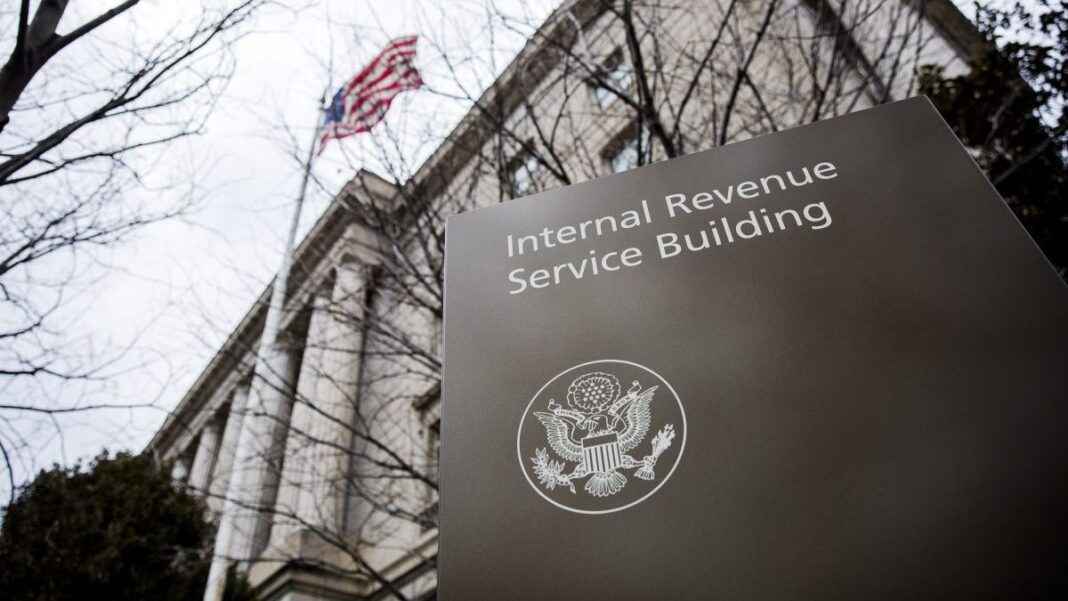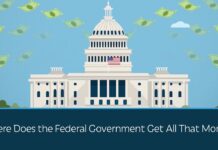IRS commissioner reveals whether people who get W-2s and Social Security checks should ‘be worried’
The IRS is planning to spend tens of billions of dollars to audit wealthy taxpayers and corporations, according to the agency’s strategic operating plan released on April 6.
“People who get W-2s or Social Security payments or have a small business should not be worried about a sudden new wave of IRS audits,” IRS Commissioner Danny Werfel told reporters on April 6 about the agency’s plans. “We’re taking that off the table. Our focus will be on other high dollar areas for quite some time because there’s a lot of work to do in those more complex areas of tax law that will take years to accomplish.”
Instead, tax agents will target “taxpayers with complex tax filings and high-dollar noncompliance,” according to the IRS operating plan (pdf), It will use more than half of the $80 billion that it received in new funding, or $47.4 billion, to enhance enforcement efforts.
Some Republicans have suggested that the money from the Democrats’ climate change and health care bill passed last year would help create a number of new armed auditors who would harass middle-class taxpayers. Werfel told The Associated Press that it won’t include spending for new agents with guns.
Republican House lawmakers voted to claw back some of the $80 billion after they retook the lower congressional chamber. However, that bill likely won’t prevail in the Democrat-controlled Senate.
No hiring boost is foreseen for the criminal investigation unit, which represents 3 percent of the agency’s workforce and employed roughly 2,077 special agents as of the 2022 budget year, according to the IRS’ annual report. Those are the agents who may be armed.
There are “no plans to increase” that division, according to Werfel.
“That will stay at its current rate,” he said.
“We have years of work ahead of us where we will be 100 percent focused on building capacity for higher-income individuals and corporations,” Werfel told reporters. “During this time, the audit rate for average taxpayers will not increase, and as a result, we will not come close to hitting or exceeding any historic average rate.”








